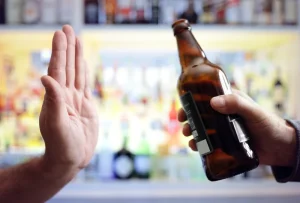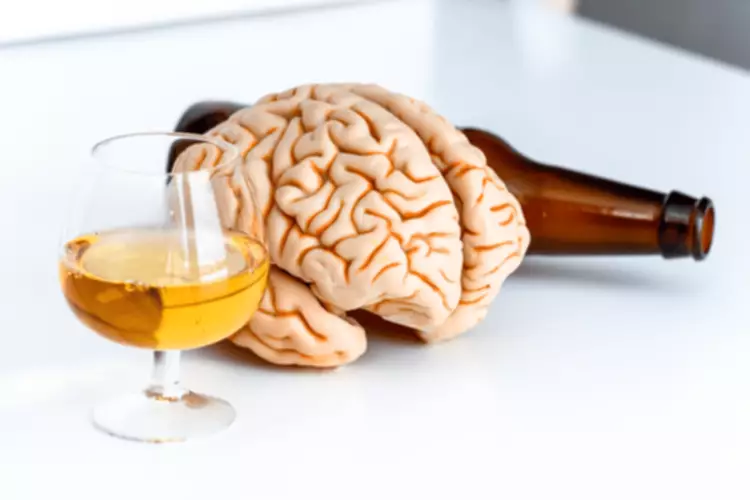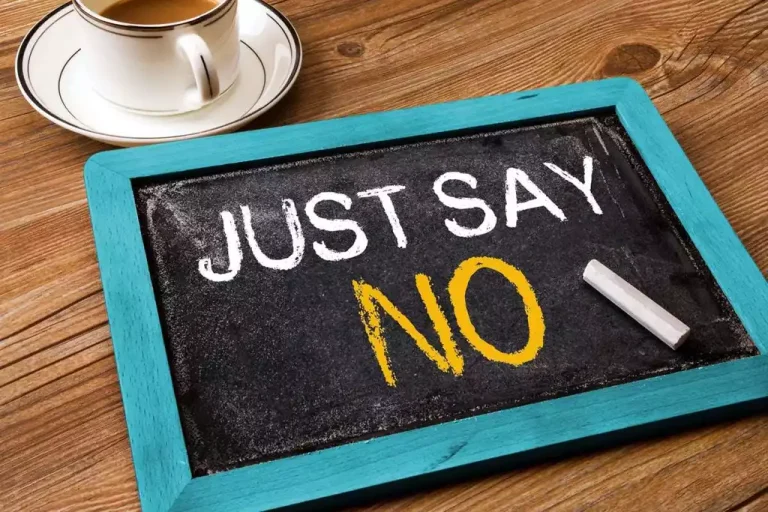Brainstorm ideas for the ideal hospital or retreat to provide you with mental and emotional healing. Ask group members to introduce themselves by sharing three weird, funny, or interesting things about themselves as an “ice breaker” for one of your addiction recovery support group activities, . Have the group identify and discuss common triggers for substance abuse. Suggest different coping strategies they could use to stay sober when triggered. Group sessions provide group members with an opportunity to practice life skills including communication and establishing boundaries.
There are two kinds of group therapy sessions
Most of these activities and exercises can be applied to a wide range of group therapy situations. While negative feelings such as guilt are not exclusive to those with a diagnosis of depression or anxiety, those suffering from these disorders often have the most trouble confronting those feelings. Your participants will now have a completed gratitude map that can be hung anywhere they choose. Read https://ecosoberhouse.com/article/total-alcohol-abstinence-vs-moderation/ more about this Silent Gratitude Mapping activity in the Positive Psychology Toolkit©. This activity is a great icebreaker but is also fun to do with group members that are already familiar with one another. It allows participants to share something about themselves, use their creativity and imagination to come up with a convincing lie, and learn interesting things about the other group members.
Best CBT Group Activities Essential For SUD Treatment
Each member of the group writes down a goal they would like to accomplish to improve mental health, such as diet, exercise, sleep, mindfulness, etc. Substance abuse treatment is challenging, but recovery is possible with the right support and guidance. Group therapy provides a nurturing environment where individuals can share their struggles, learn from each other, and build the skills needed to overcome addiction. Group therapy provides a platform for individuals to share their personal triggers and learn from the triggers of others. Discussing coping strategies and creating an individualized plan for avoiding or dealing with triggers is essential in group therapy. The program here at Two Dreams focuses on the improvement of one’s life through the achievement of mental peace, physical well-being, and personal productivity.
- This effective communication worksheet teaches clients about effective communication techniques.
- If a client is disrespectful (cursing at you or another client, name-calling, insulting, etc.) while escalated, let them know it’s not okay, but don’t attempt to provide feedback.
- You will also find different interventions, exercises, meditations, and more in our Positive Psychology Toolkit.
Join Over 5000 Other Mental Health Pros
Relapse rates for drug and alcohol use are comparable to those of other chronic diseases, such as hypertension and diabetes. It is estimated that approximately 40 to 60 percent of individuals experience relapse during their recovery journey. This substance abuse group activities for adults statistic highlights the persistent nature of addiction as a chronic condition. Group therapy can address this issue by focusing on communication skills. Topics include active listening, assertiveness, conflict resolution, and rebuilding trust.
Professional Group Therapy Organizations
It provides a supportive and empathetic environment where individuals can share their experiences, challenges, and triumphs with others on a similar path. Through the group dynamic, clients foster hope and examine core issues that exacerbate their addictive disorders. They also work to develop their communication skills and learn to engage in fun, healthy social experiences. The group dynamic encourages honest feedback and facilitates bonding between individuals with shared experiences. Clients weigh in on the issues of others in order to offer suggestions or provide outside perspectives, broadening the individual’s understanding of the conflict. Substance abuse group therapy can facilitate healthy discussions about relatable topics in recovery.
- After the session, clients share the meaning of their art with other group members.
- This exercise demonstrates the importance of sharing your feelings so you don’t confuse your loved ones.
- After doing the visualization individually, have group members share about the experience.
- Through group therapy, participants build a supportive community that fosters connection, understanding, and growth.
- If you’re short on time and just want a quick update, using “say a few words on…” may be the better option.
Process Group Games
She has experience working with individuals living with a variety of mental health concerns including depression, anxiety, bipolar disorder, borderline personality disorder, and trauma. Group therapy can be used to explore and process a member’s triumphs, challenges, and relapses. Talking about these experiences in a group setting will not only benefit the client experiencing them, but also other members of the group who can learn from their experience. This can include learning to cope with uncomfortable emotions and situations.
YouTube Video: Leading Therapy Groups with Adolescents
Cultivating an awareness of mindful speaking can be an effective way to set the tone for couples group therapy, where emotions management is the focus, or even when working with families. Our clinical team facilitates group therapies to encourage positive discussion with peers. The goal of groups is to feel validated and supported by others with similar experiences. Over time group therapy can also create healthy attachments, positive peer reinforcement, and a setting to learn social skills. The discussion prompts can be related to positive habits, gratitude, the recovery process, or any other general group therapy questions.





